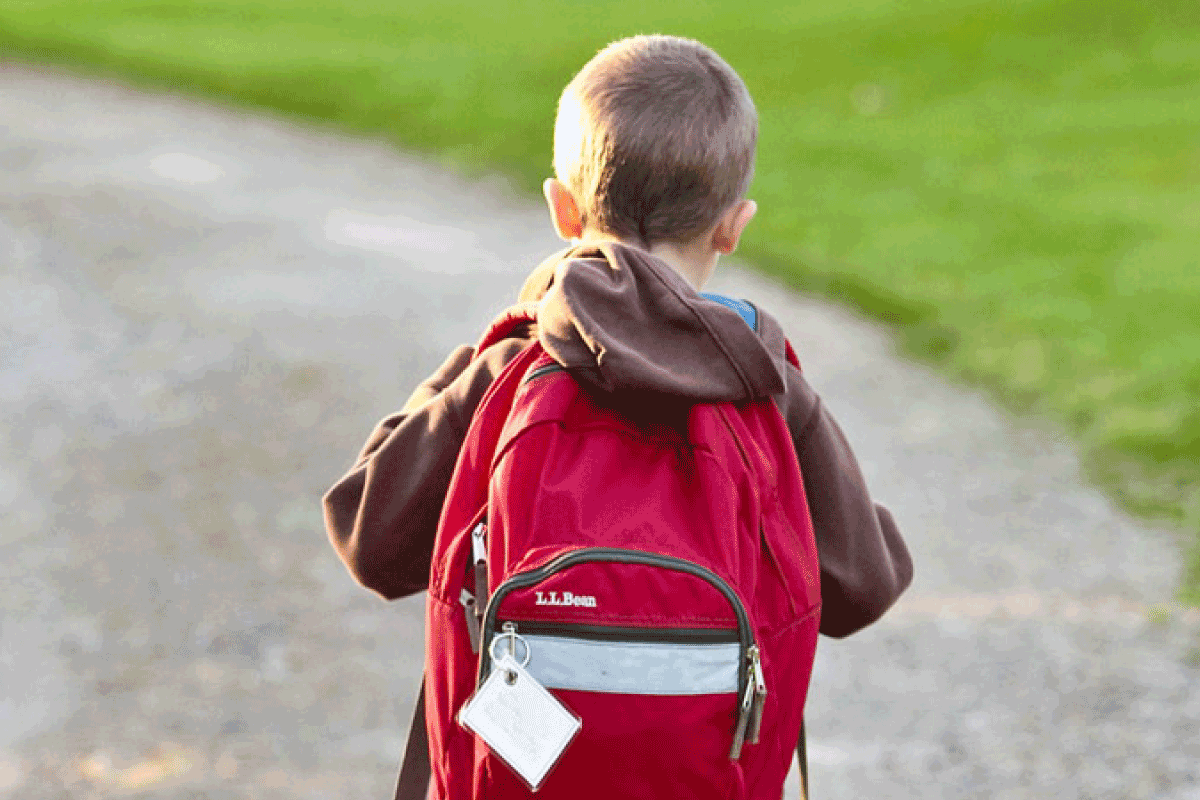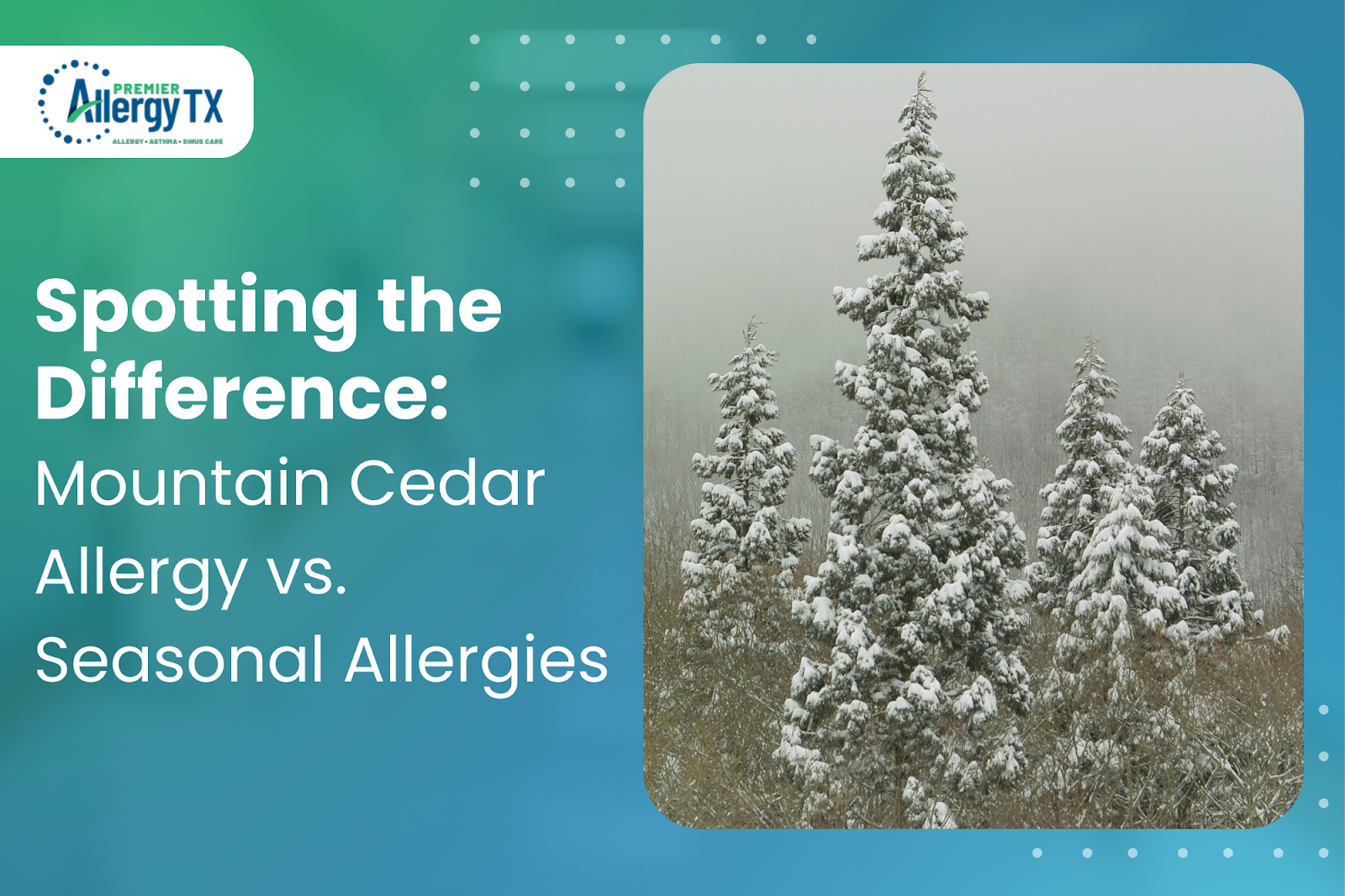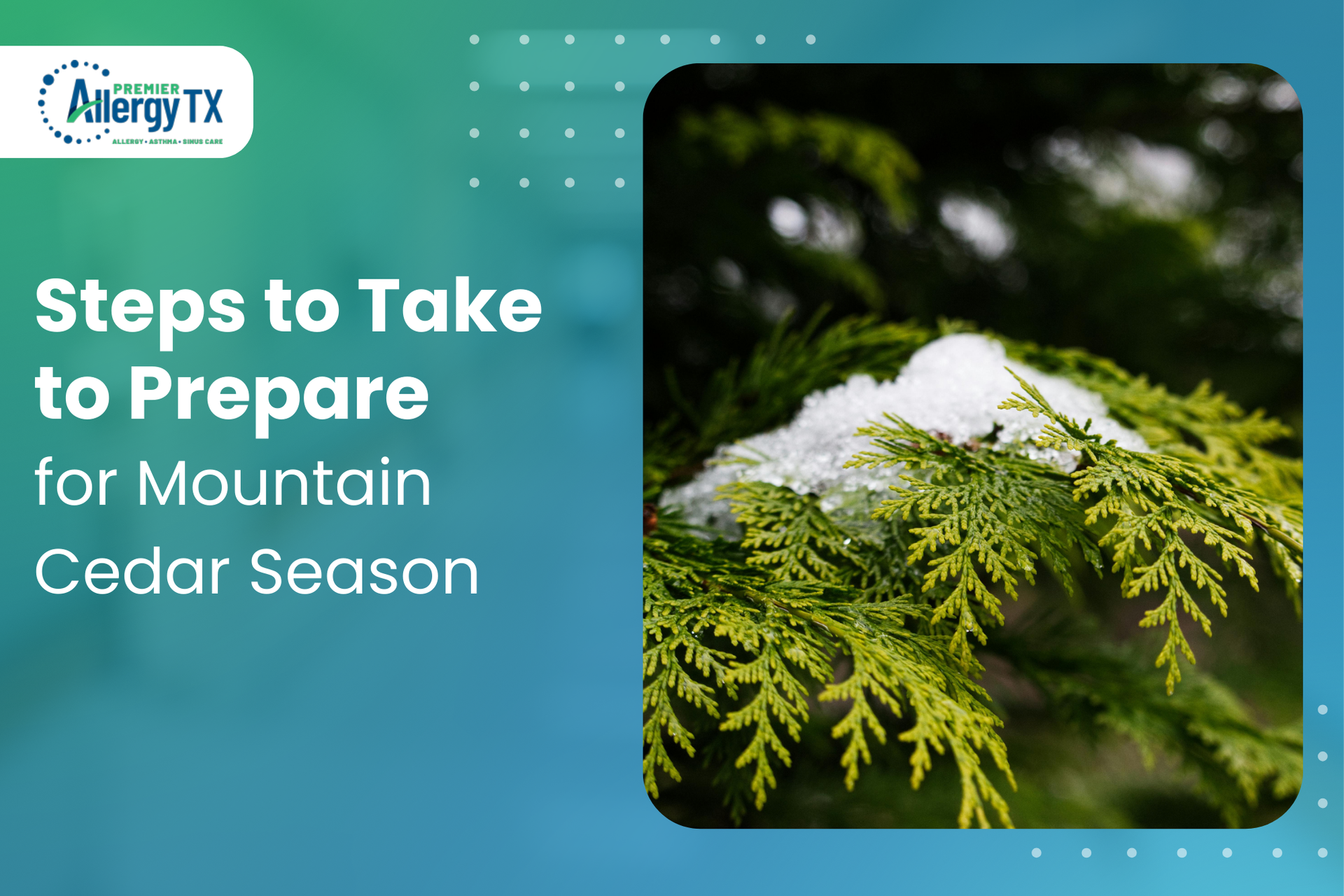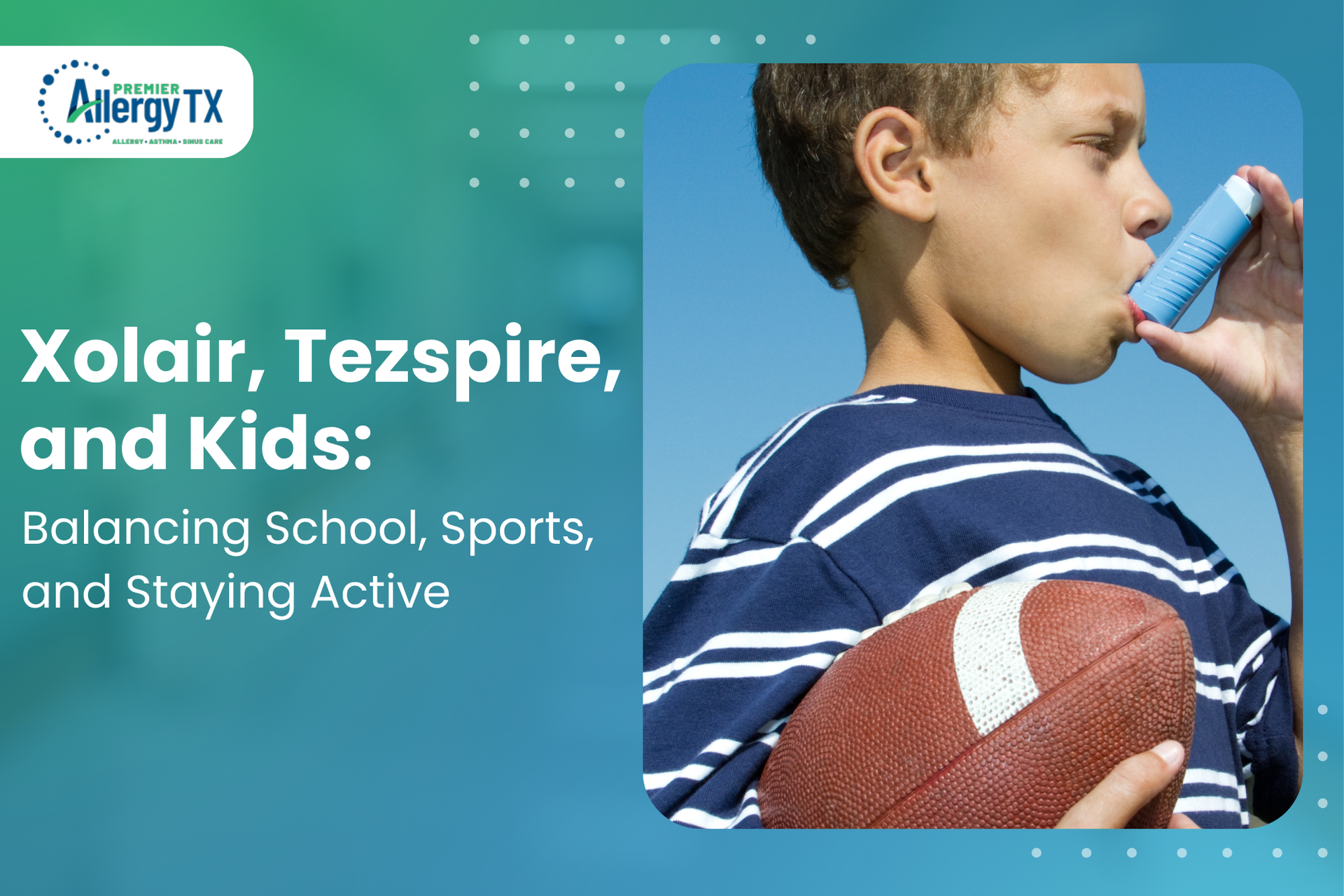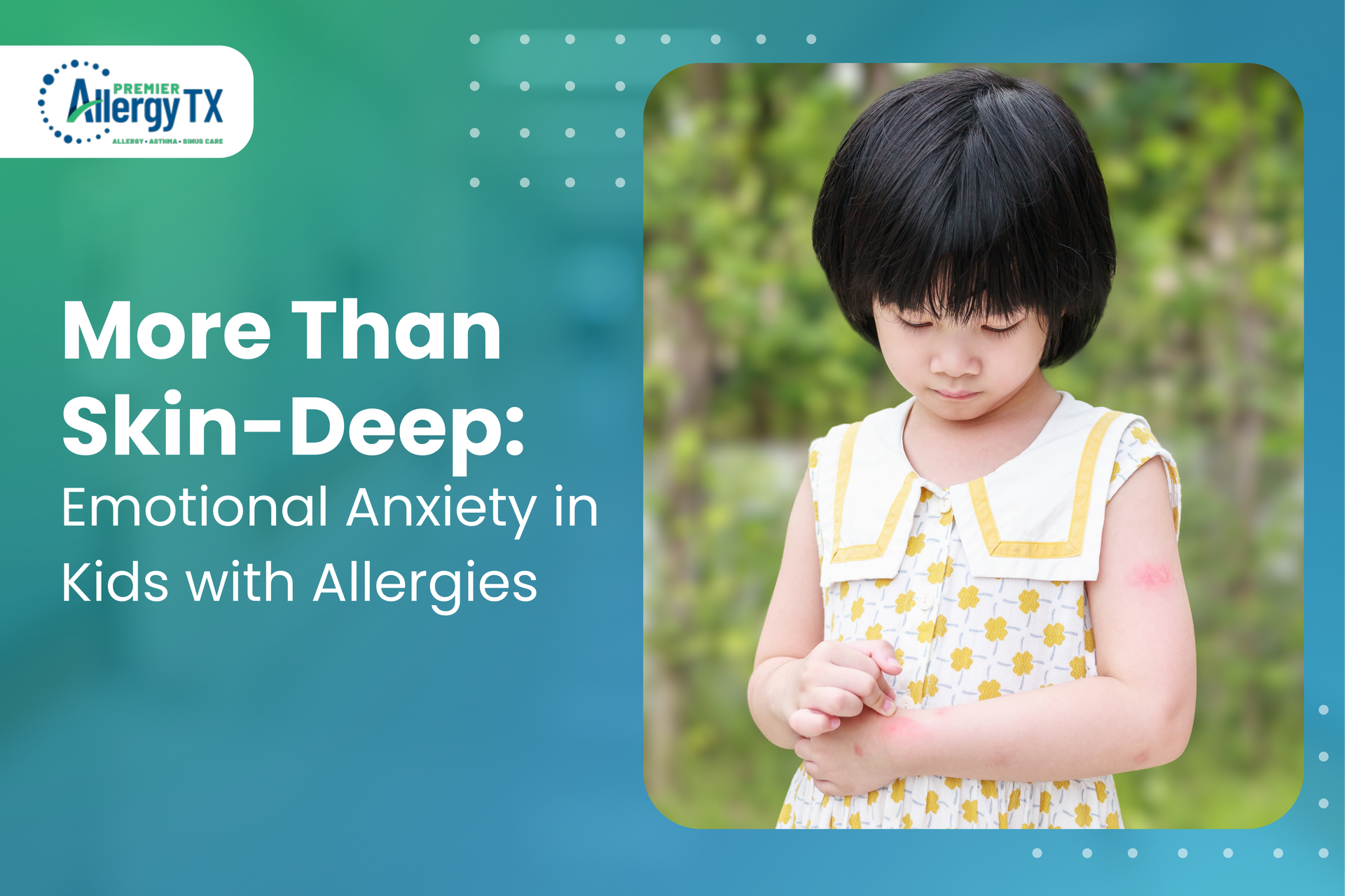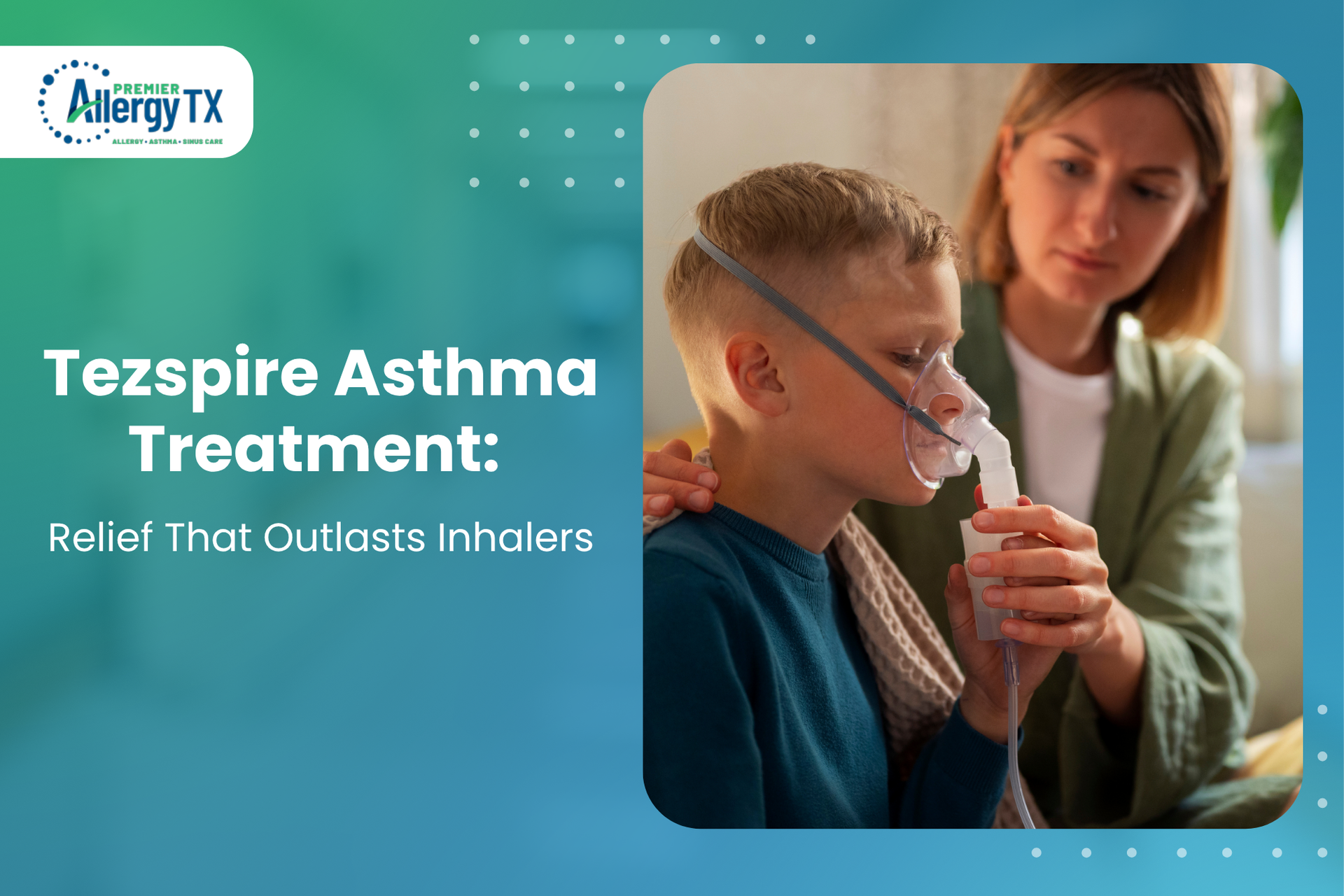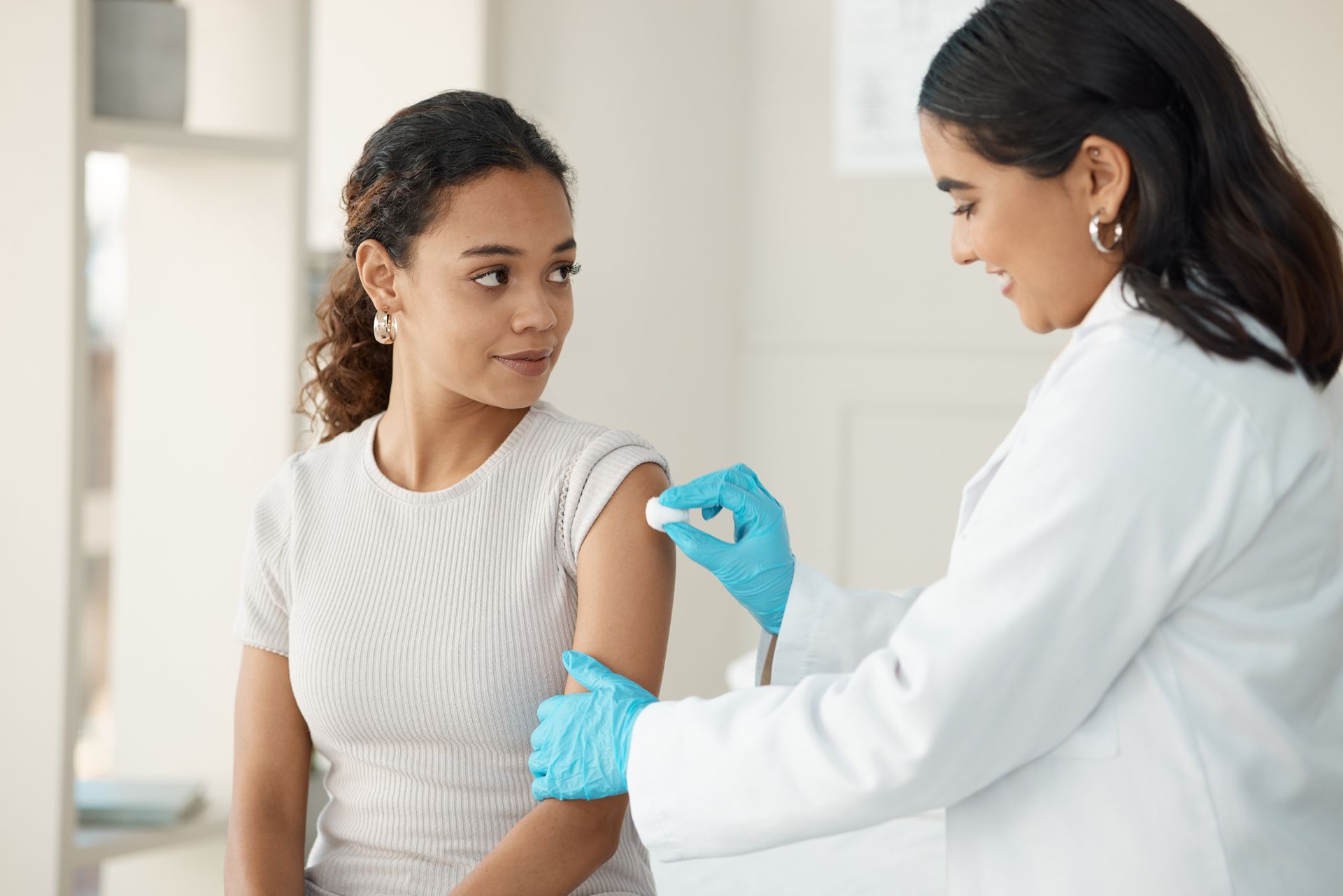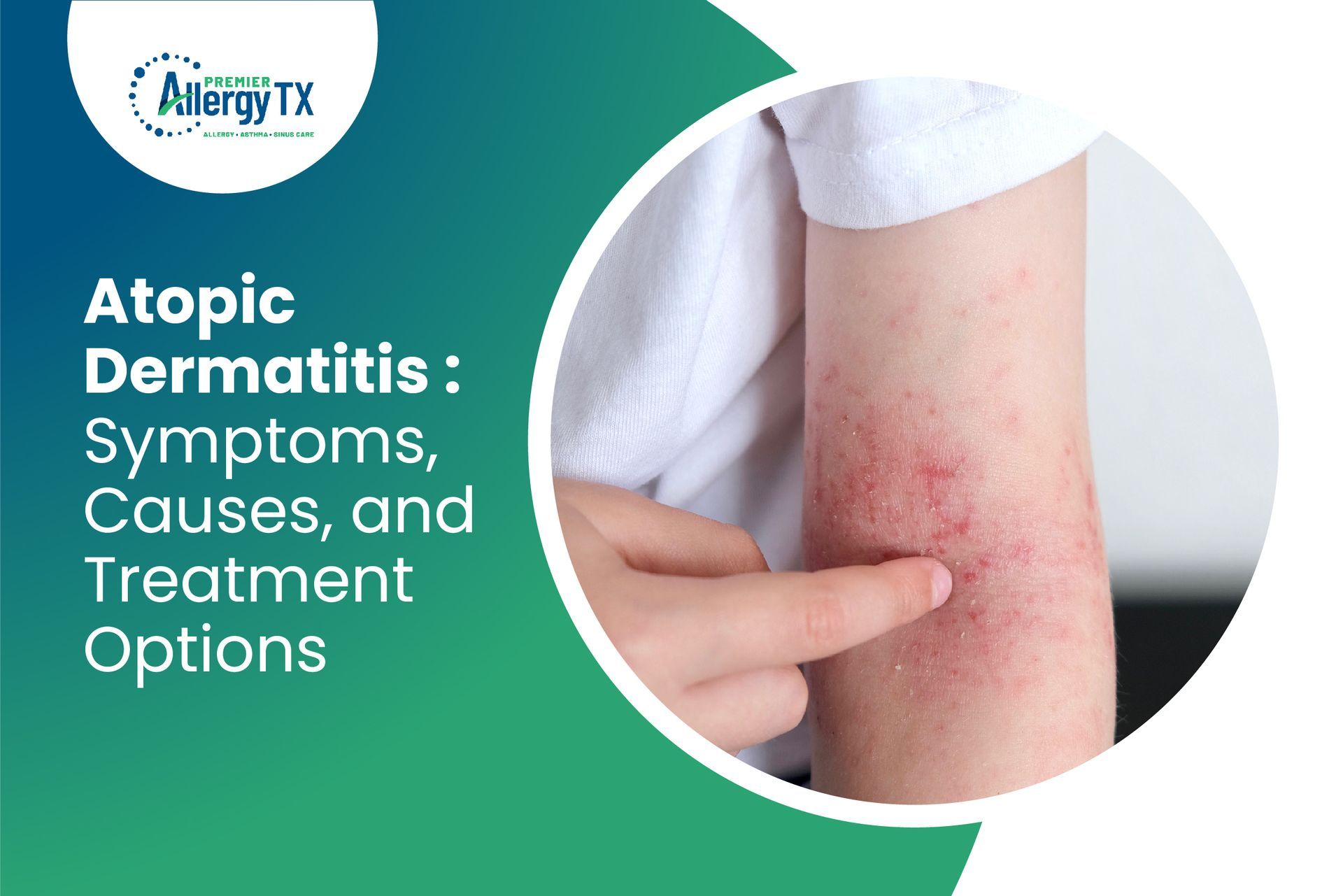Five Tips to Avoid Fall Allergies
Help your child steer clear of fall allergies in order to focus on classwork and school activities rather than suffering from runny noses, headaches, and asthma attacks.
1.Find an allergist, find relief –
Well before your child heads into the classroom, make an appointment to see our board-certified allergist. Your allergist will create an allergy action plan for your child by identifying triggers your child may run into and helping them understand what causes their symptoms. Children with asthma under the care of an allergist have a 77 percent reduction in lost time from school, and an allergist can set your child on the right track, for the long term, to handle their allergies or asthma.
2. Identify potential problems at school
– Sometimes, parents must act as detectives to root out asthma and allergy triggers at school. Potential triggers should be discussed with the teacher and school administrators to help ease symptoms.
- Does the school have new carpeting?
- Sometimes
volatile organic compounds (known as VOCs) can result from new carpeting and cause wheezing and sneezing.
- Are there open windows where
pollen
can drift into the classroom?
- Is there a class pet that might be causing allergies?
- How about mold in the bathrooms?
3. Everyone out on the field! – If your child has asthma or allergies, they should still be able to play any sport they choose as long as they follow their allergist’s advice. While playground games, physical education classes, and after-school sports can all trigger exercise-induced bronchoconstriction (EIB), if your child’s asthma is under control, they should be able to participate.
Asthma symptoms
during exercise may indicate poorly-controlled asthma. Make sure coaches and physical education teachers know what to do in case of an asthma-related event.
4. An allergist can confirm a food allergy diagnosis
– Parents are sometimes given misinformation about
food allergies thanks to home tests and unreliable sources. About 5 to 8 percent of children have been diagnosed with food allergies, and it’s important to work with an allergist to arrive at the diagnosis. If your child does have a food allergy, make sure the school is fully informed. Work with your allergist and school staff to have an action plan that lists the foods your child is allergic to, what treatment needs to be given, as well as emergency contact information.
5. Prep your child – Make sure you’ve discussed how to handle emergencies with your child. No matter what state you live in, your child has the right to carry and use asthma and anaphylaxis medications at school. Children who are at risk of anaphylaxis should have auto-injected epinephrine available to prevent the severe, life-threatening reaction caused by allergies to certain foods or insect stings. Be sure your child and school staff know how to use emergency medications.
A board-certified allergist is the specialist best trained to treat your child’s allergies or asthma. Work with them to make sure your
child’s allergy medications are appropriate for their height and weight, their asthma action plan is up-to-date, and that symptoms are under control.
To make sure you’re fully prepared for the fall,
contact us at 210-764-6567 or by email for an allergist specialist doctor in San Antonio.



